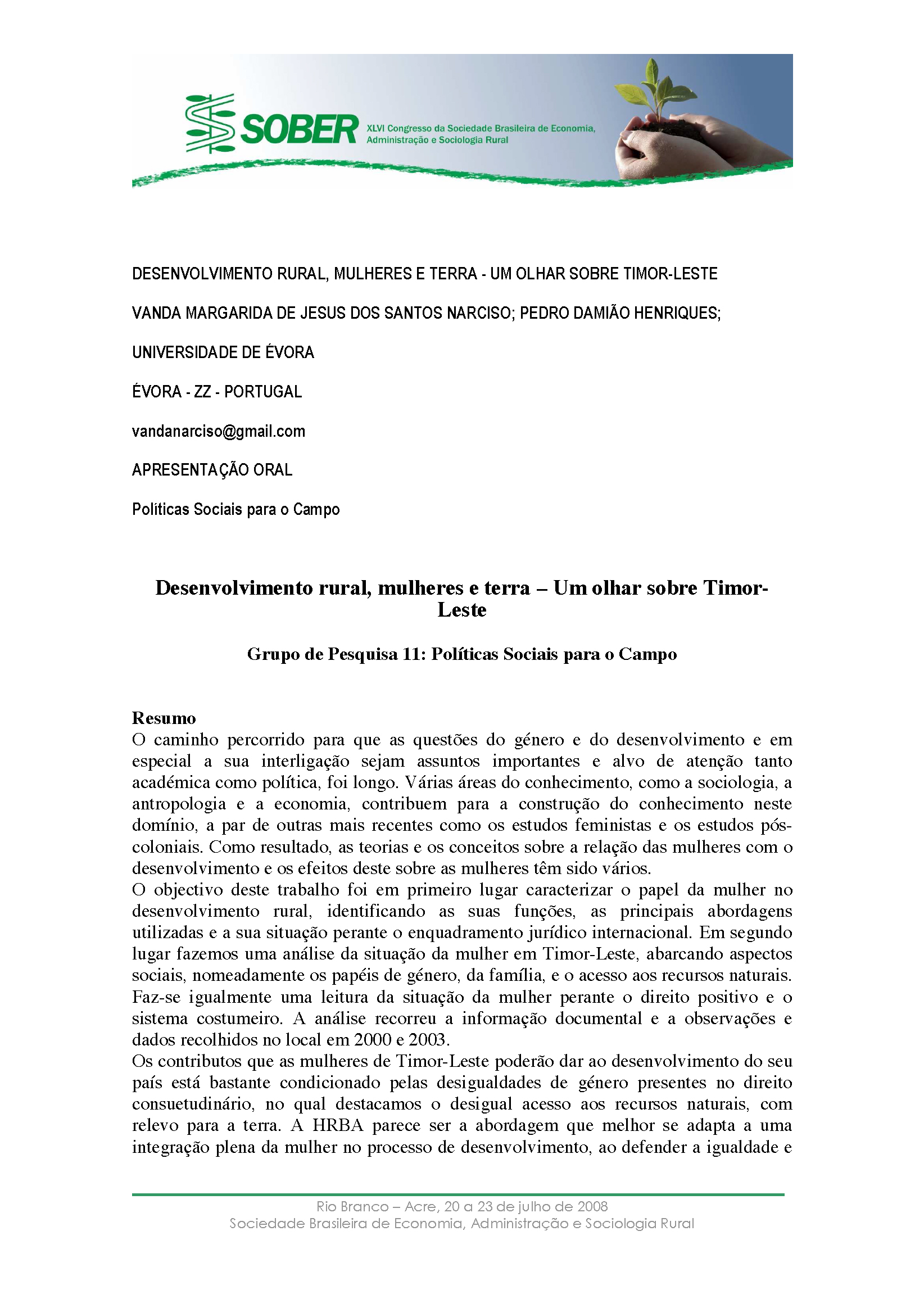Urbanization: The Structures of Sustainable Urban Landscape of Myanmar
Abstract: "With
the
major
economic
system
changes,
many
new
developments
are
observed
in
every
sector
of
Myanmar.
Urban
landscaping
is
an
integral
part
of
modern
urban
construction
and
also
presents
the




